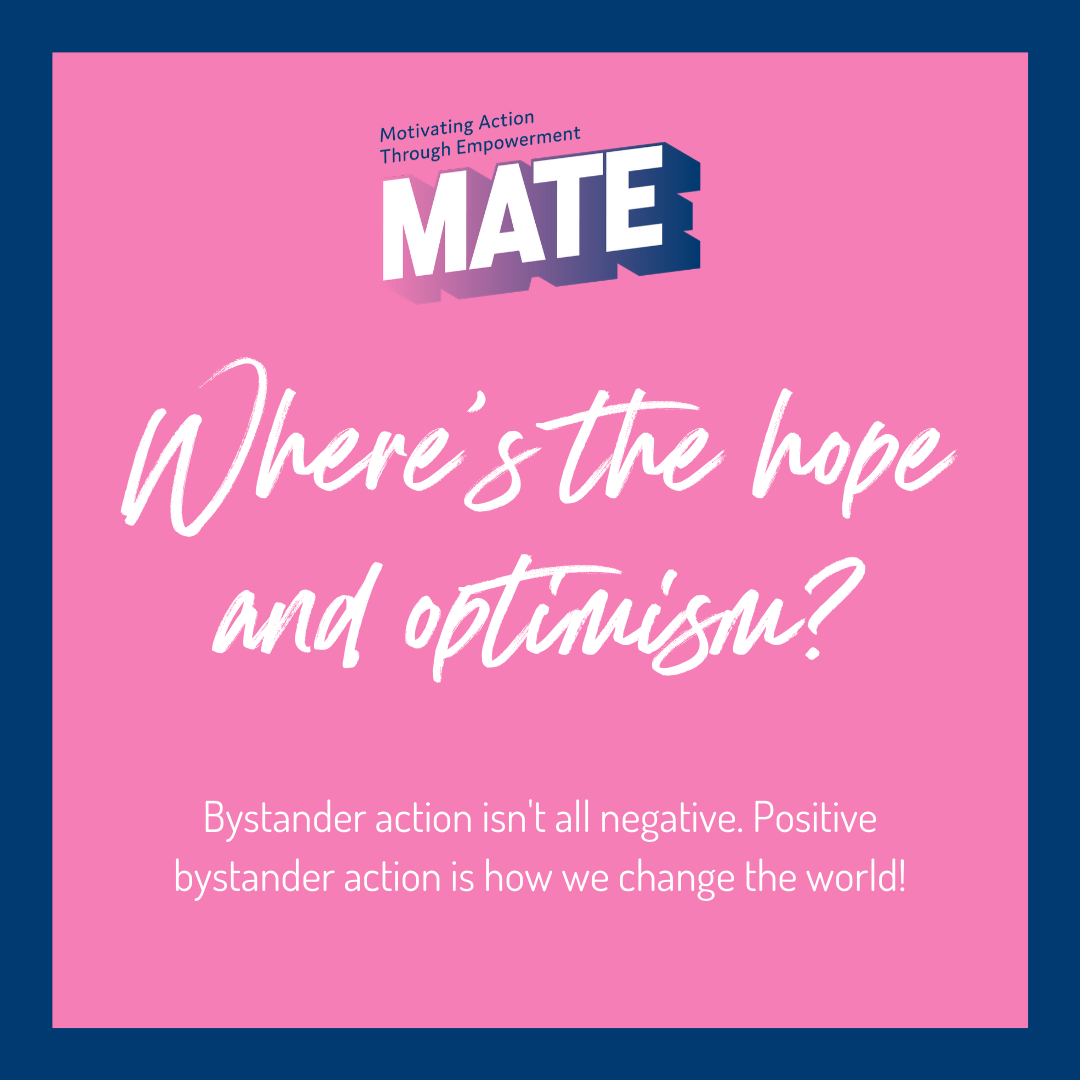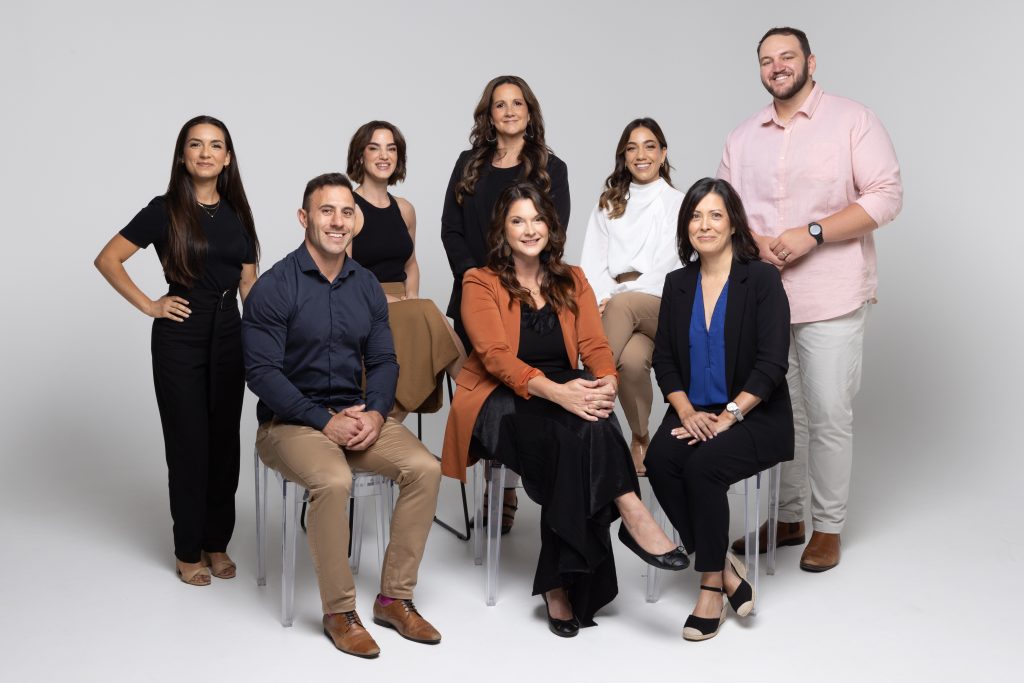When exploring bystander behaviour, we mostly think about “interrupting” challenging behaviour, “intervening” or “intercepting” in violence or abuse – all of which is absolutely imperative in the prevention of violence, as is supporting those experiencing those behaviours.
What is often missing from the conversation is the positive and proactive aspect of bystander behaviour and the capacity for us as bystanders to create meaningful change.
The sustainable, long-term and world-changing way we can enact our bystander strategies is to consider the ways we are contributing to society and consistently questioning how we can do better. The bystander approach brings every single person in to the conversation and asks us all to create the culture we want to be part of. It means we share the responsibility with police, the courts, and other authorities to keep our communities safe and violence-free. We take the focus from criminal justice to social justice. We stop wanting “them” to fix “it” and start to take ownership for the part that we play.
While some lessons we have learned over the years have been unhelpful to positive bystander action, like ‘don’t get involved’ and ‘mind your own business’, there were some more superior lessons that were possibly more neglected like ‘never judge someone until you have walked a mile in their shoes’ and ‘treat others how you would like to be treated’. Positive prosocial behaviour relies on these messages – it is about being a good, kind human, willing to ensure that you are contributing to safety, equality, inclusion and respect for all people.
How do we do that? We educate ourselves on power, privilege and oppression. We open ourselves up to learning how we contribute to and participate in structures and systems that marginalise people in our communities and workplaces and we make a choice to stand up for issues, even if they don’t affect us personally. This is the pinnacle of courage and leadership and it takes time, maybe even generations, and it takes all of us working together to set new standards of behaviour.
A positive bystander being proactive is a person who is willing to challenge status quo, question the world around them and encourage others (with respect and kindness) to consider the same.
The core principles of MATE are clear. We can’t wait for legislation, policy, politicians or systems to save us. Each of us has the capacity to enact meaningful change. To create a future free from violence requires us all to commit to personal leadership. To commit to creating a culture of respect and inclusiveness, refocusing from criminal justice to social justice by understanding that we all have a significant role to play in shaping the world we want to live in. What will you choose?
#besomeonewhodoessomething


